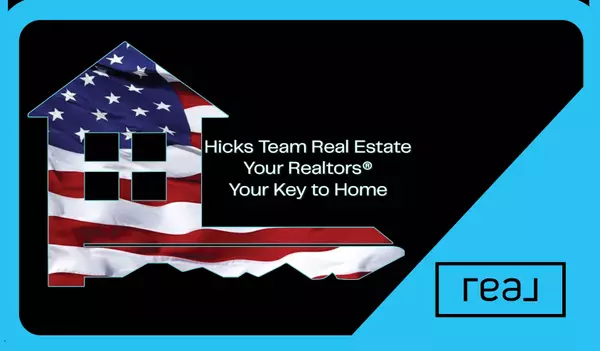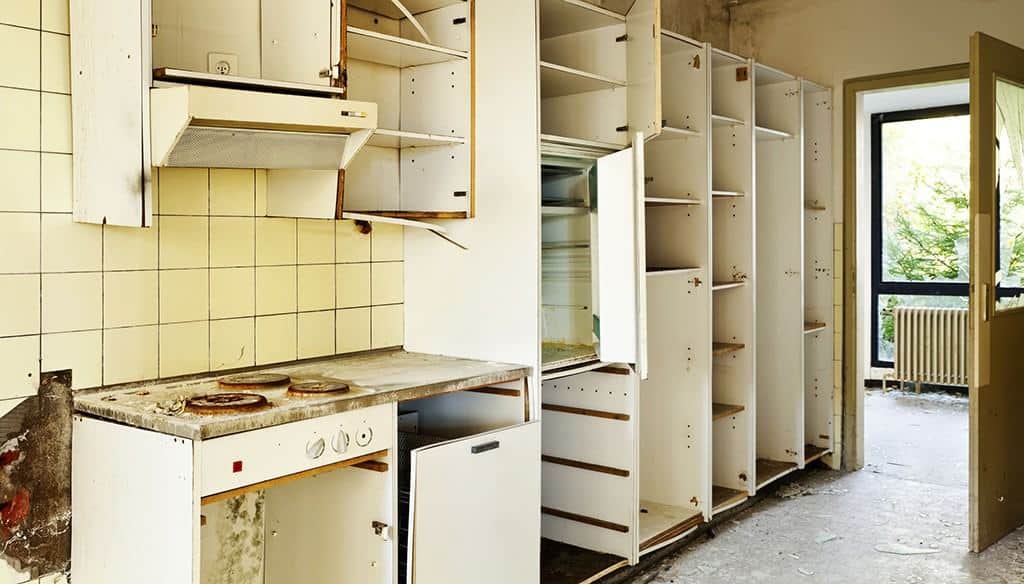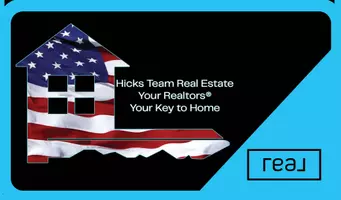Nate Hicks - Hicks Team - Real Broker LLC
Serving your residential and commercial real estate needs
Get Your Home’s Value for FREE
Find out what your home is really worth in today's market.
RECENTLY SOLD
- 1/36 36

$ 245,000 2.0%
$ 249,900
4 Beds3 Baths1,824 SqFt4922 Lancelot Court, Fort Wayne, IN 46815
Single Family Home
Listed by Kenson Dhanie of Mike Thomas Assoc., Inc

- 1/25 25

$ 385,900
$ 385,900
5 Beds3 Baths2,600 SqFt2949 Skywalker Pass, Fort Wayne, IN 46818
Single Family Home
Listed by Jihan Rachel Brooks of DRH Realty of Indiana, LLC

- 1/31 31

$ 307,000
$ 307,000
4 Beds3 Baths2,020 SqFt1262 Hendrix Run, Fort Wayne, IN 46818
Single Family Home
Listed by Nathaniel Hicks of Real Broker, LLC

MY BLOGS

How to Decorate a Home(if you're not a decorator)
How to Decorate a Home (In YOUR Taste) When You're Not a Decorator IF THE WORD DECORATING MAKES YOU FEEL OVERWHELMED, YOU'RE NOT ALONE. MANY PEOPLE ASSUME GOOD-LOOKING HOMES COME FROM TALENT, TASTE, OR AN EXPENSIVE DESIGNER. IN REALITY, MOST WELL-DECORATED HOMES ARE THE RESULT OF A FEW SIMPLE DECISI
Read More
How the Wealthy Reduce Their Taxes (and what we can learn from them)
--> How the Wealthy Reduce Their Taxes (and what we can learn from them) If you've ever wondered how wealthy individuals LEGALLY pay less in taxes, the answer comes down to a mix of strategy, timing, and using the tax code to their advantage. While these approaches aren't exclusive to billionaires
Read More
What NOT to Upgrade
--> Armed With Knowledge: What NOT to Upgrade Before Selling Your Home Unless you plan to completely renovate your home, chances are you'll only be making partial upgrades before selling. Which ones do you choose? Which will attract a buyer, increase your profit, and pay for themselves vs being an
Read More
